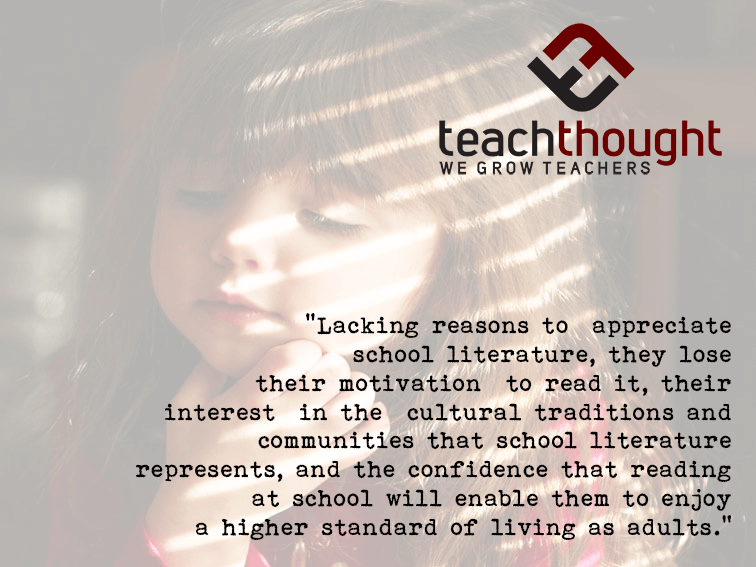
What Writing Is & What It Is Not
by Terry Heick
Writing is inherently reflective — an output and product of equal parts process and affection. It can be used to learn and demonstrate learning–often simultaneously. It is not limited to any specific form, function, or genre. Writers often choose a form in which to participate–a story or a poem or a letter–but these choices are part of the process, and writers should never feel limited by them. Rather, the form and the purpose and the author should work together–hopefully elegantly.
Writing is an opportunity, and both a cause and effect of literacy. It is highly dependent on skills and competencies like spelling, outlining, and editing among others It requires fluencies like word and word parts and sentence fluency. Knowledge of various paragraph structures, and the ability to develop a single unifying theme (these) through those skills and competencies and fluencies. It is also procedural–the aptly named ‘writing process’ of pre-writing, drafting, revising, editing, and publishing segments what is a very demanding craft into steps, allowing for strategies within each step and providing a flexible framework to think about how and why you should put it on paper.
Writing is thinking out loud but only the paper is listening. It isn’t an assignment, but an assignment may require it. And it absolutely cannot ever be used as punishment. It is a poor assessment form for content knowledge. There are simply too many skill and competency-based barriers that can obscure the knowledge of the writer. Any assessments, then, must be designed carefully.
Writing is syntax, diction, thematic development, idea organization, minor and major structure, clarity, and creativity. It is highly conceptual and extends across disciplines. It requires strong awareness of abstract concepts like purpose and audience, and perhaps more broadly, of ideas like quality and aesthetics and style. It is hard work–cognitively demanding and accessible only through skill and perseverance and grit. Unless you’re magnificently talented, writing something well demands everything from the writer, and reflects everything about the writer as well.
Writing is the bending and re-bending of words and ideas until they complement one another. It is rarely possible without reading, but reading is possible without it. Both are simply different ways of construction knowledge. It is the product of persistence in craftsmanship honed through supported practice and human affection.
Writing, then, is humanizing.
